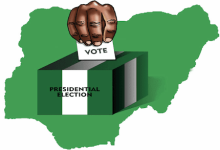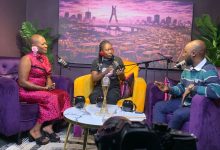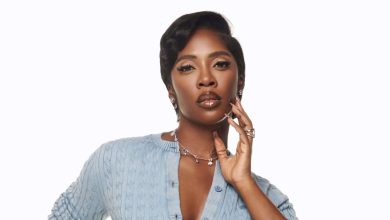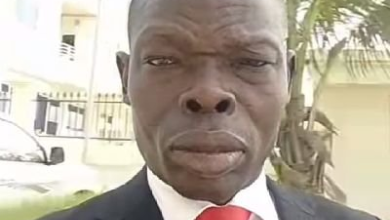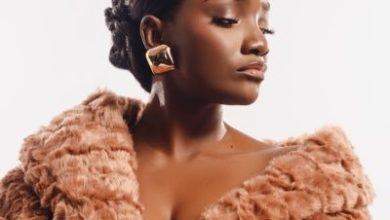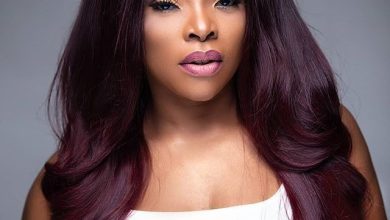
|
Getting your Trinity Audio player ready...
|
It’s no news that wherever men find themselves, their stories and rights take precedence over women. This happens even in communities that have a history of marginalisation and oppression.
When incidents like slavery occurred in America, while Black men fought for their freedom from white masters, they saw it as the “natural order” that they had to dominate and oppress Black women in order to feel like “real men”.
Their argument, even to this day, has been that since Black men lose their masculinity when faced with the oppression dished out by white people, then the submission of Black women is a must in order for the “Black Community” to be restored. The irony.
Now, Black people in America are not the only ones who place the experiences of oppressed men front and centre. In the queer community, even in Nigeria and other parts of Africa, more often than not, the misogyny that queer men display is often ignored under the banner of “we do not want homophobic people to insert their homophobia”.
Again, the rules are often different for queer and straight men, such that feminists who strongly disagree with straight men calling themselves feminists look the other way when it is a queer man doing so.
In addition to the above, the experiences of corrective rape and forced marriage faced by lesbians in African countries do not receive as much amplification compared to the deaths and murders of queer men. The harassment of queer men is not okay, but it calls for deep introspection that on the internet, it is okay for queer men to define feminism and to mock women who are dealing with internalised misogyny.
Meanwhile, a progressive woman can never mock a queer man dealing with internalised homophobia without being told to know her place and leave the dragging of such queer men to other queer men who do have the experience.
It is not only in cases of online bullying that the misogyny of queer men shows up. A very potent example of this is the situation of gay men marrying unsuspecting straight women and exploiting and even emotionally abusing them. While the argument has been that it is done due to homophobia, I maintain that women are not to be collateral damage.
Not just that, I have often wondered why it is usually straight women who are chosen and not lesbians or bisexual women. Is it because these men know that, comparatively, straight women tend to prioritise the needs and are less critical of men because they have to depend on men for romance and partnership?
Moreso, even in marriages of convenience amongst gay men and lesbians, it still has to be said that gay men look forward to the free domestic labour and the ability to dominate that marriage gives heterosexual men.
In such marriages, aside from the emotional abuse faced by the women, there can be physical abuse when the woman fails to comply. This shows that even when gay men and lesbians partner, only one party enjoys the benefits of marriage while the other party is left with the possibility of abuse. This then shows that it is queer men who are benefiting because, regardless of their sexuality, their maleness affords them privileges that queer women can only dream of.
Speaking with Derin, a queer woman and a baker, she explains that the sexism seen in queer men tends to be worse because they believe that since they are oppressed, they are free from criticism.
In her words: “I’m a bisexual woman, and I think homosexual, bisexual and generally, men in the LGBTQ community are just as misogynistic or sexist as heterosexual men.
The most annoying part is that people treat their misogyny and sexism differently because they are a marginalised/oppressed group.”
She went on to say: “I have been bullied by a gay man on Twitter because I refused to answer a question he asked me directly. He said I was being rude to him and decided to ‘show me pepper.”
There have been other stories of gay and bi men talking down on women or condescending to them, saying how they are better or have better relationships, and people just let these incidents slide. Women especially don’t speak up, and that pains me so much.”
When asked what the solution is, she said: “The only way to address this misogyny is by simply calling them out on it when we notice it. It’s time to stop coddling them or protecting them because of their marginalisation or oppression.
They would never do the same for women, so why should we? We need to call them out more and bully them back if we can. They need to be reminded that they’re still men and have no place in women’s business.”
As much as homophobia is abhorrent, the true mark of feminism is aligning with women regardless of sexuality, class, or race. Even as we speak against homophobia, our feminism must be focused more on the combined forces of sexism and homophobia that queer women are exposed to.
When we do not criticise the misogyny of queer men, we indirectly make it seem like queer men are allowed to dominate even queer women.
This article was first published on urbanwomen magazine.
